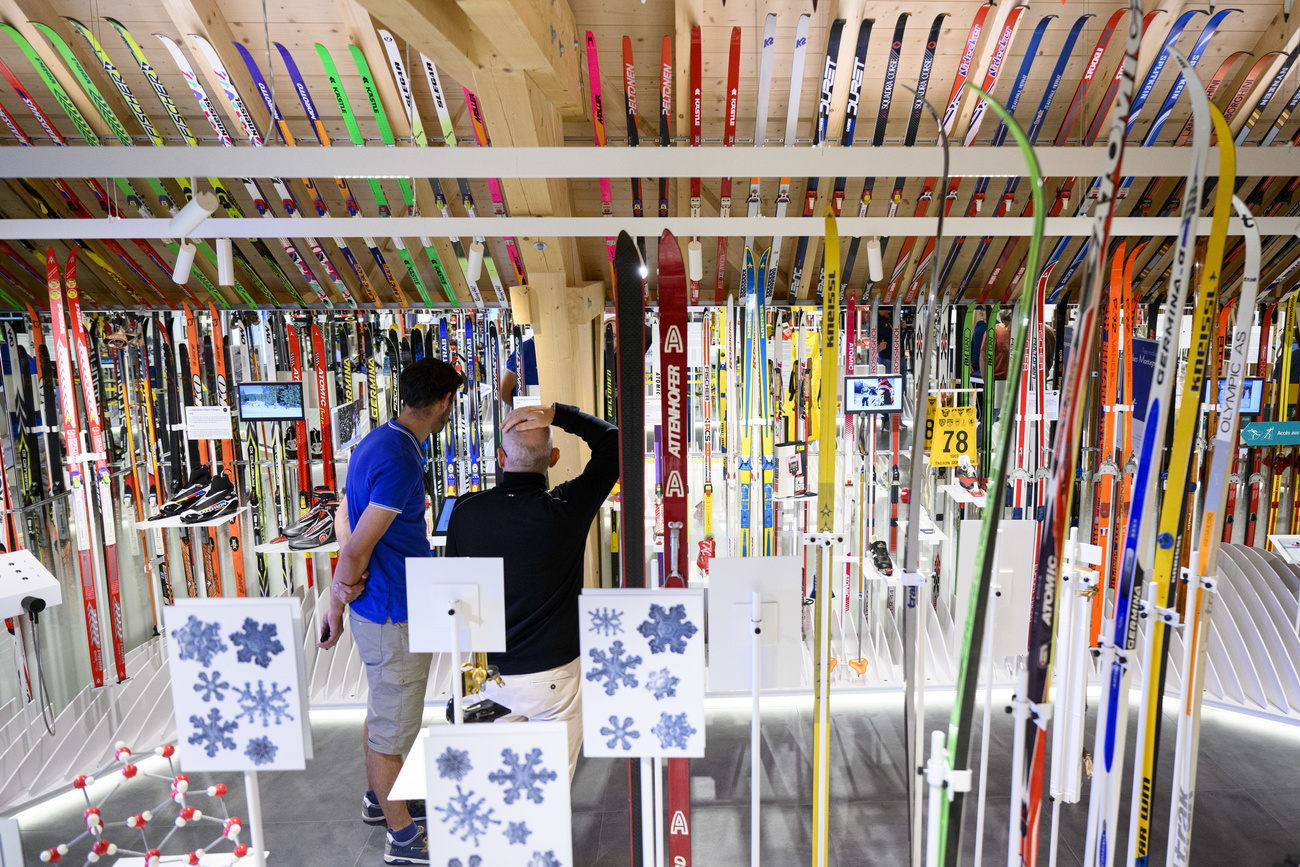
Switzerland Today
Dear Swiss Abroad,
It may be 20°C out there today, but I’m reminded that winter, and the ski season, are just around the corner. Switzerland is finally getting its first museum (photo above) dedicated to Alpine and cross-country skiing. The exhibition created by retired chemistry teacher Laurent Donzé opens in Le Boéchet in canton Jura on Saturday.
Thousands of pairs of skis, poles, as well as shoes, helmets, bibs and bindings that he collected over the years will go on show alongside information on the history of skiing and more contemporary themes.
Read on for more news and stories from Switzerland.
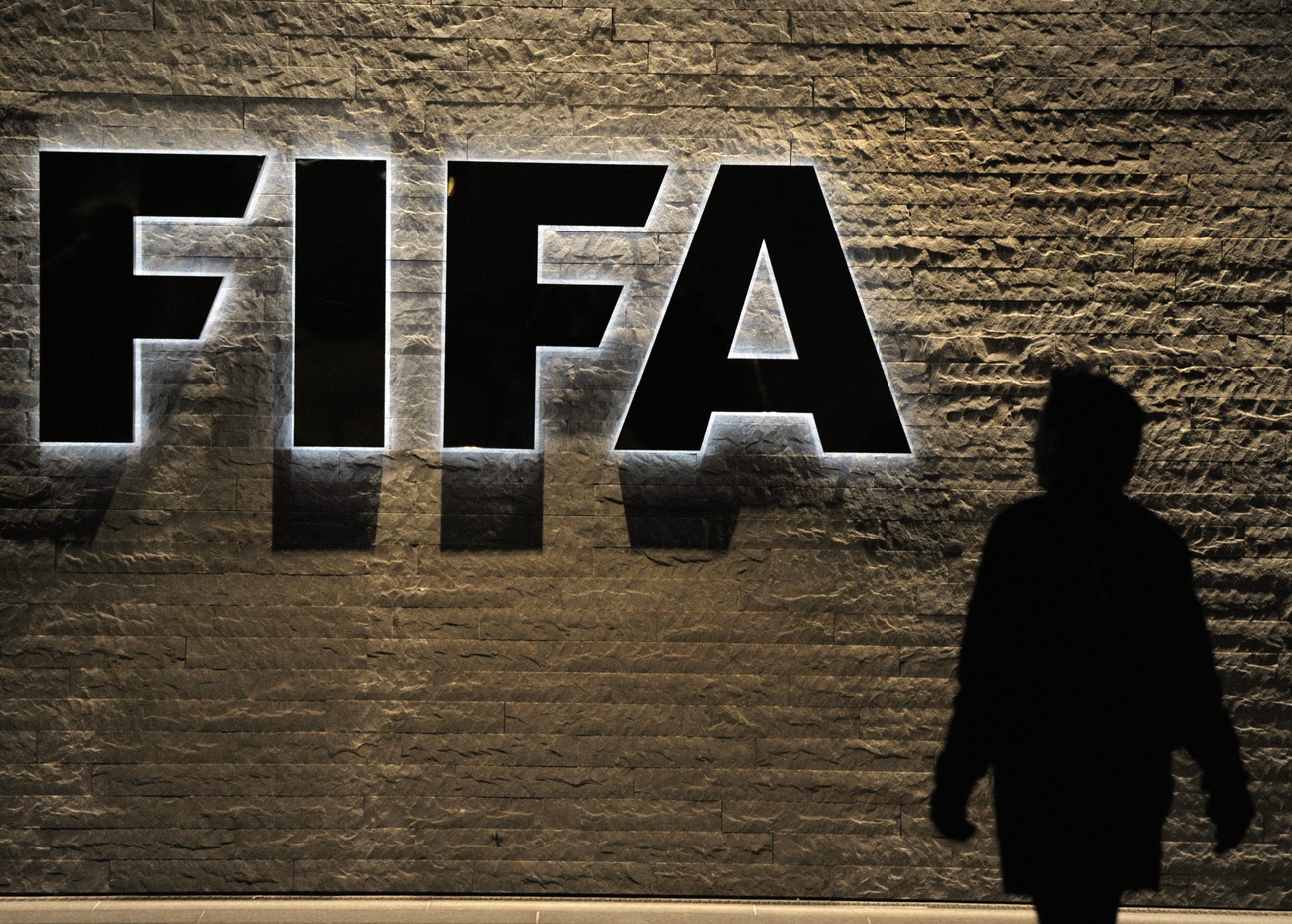
In the news: UBS and France, FIFA moves staff to US and most innovative ranking.
- Swiss bank UBS is trying to convince France’s top court to overturn a reputation-damaging conviction and €1.8 billion (CHF1.74 billion) penalty for helping wealthy French clients stash away undeclared funds in Swiss accounts.
- World football’s governing body FIFA is preparing to move 100 jobs, including its legal department, from its historic headquarters in Zurich to Miami in the United States.
- According to a study by the UnitedNations, Switzerland is once again the most innovative country in the world. It has defended its top position in the 2022 innovation country comparison ahead of Sweden and the US.
- Leftwing parliamentariansfailed to gain supportExternal link for new measures to counter rising rents in Switzerland. The House of Representatives rejected four motions.
- Switzerland will not get a second national holiday on September 12. The Senaterejected a motion from the House of Representatives calling for a special anniversary and day off to mark the start of the first federal constitution of 1848.
- The Senate wants a new attempt to improve the protection of whistleblowers in Switzerland. Today it adopted a motion to this effect.
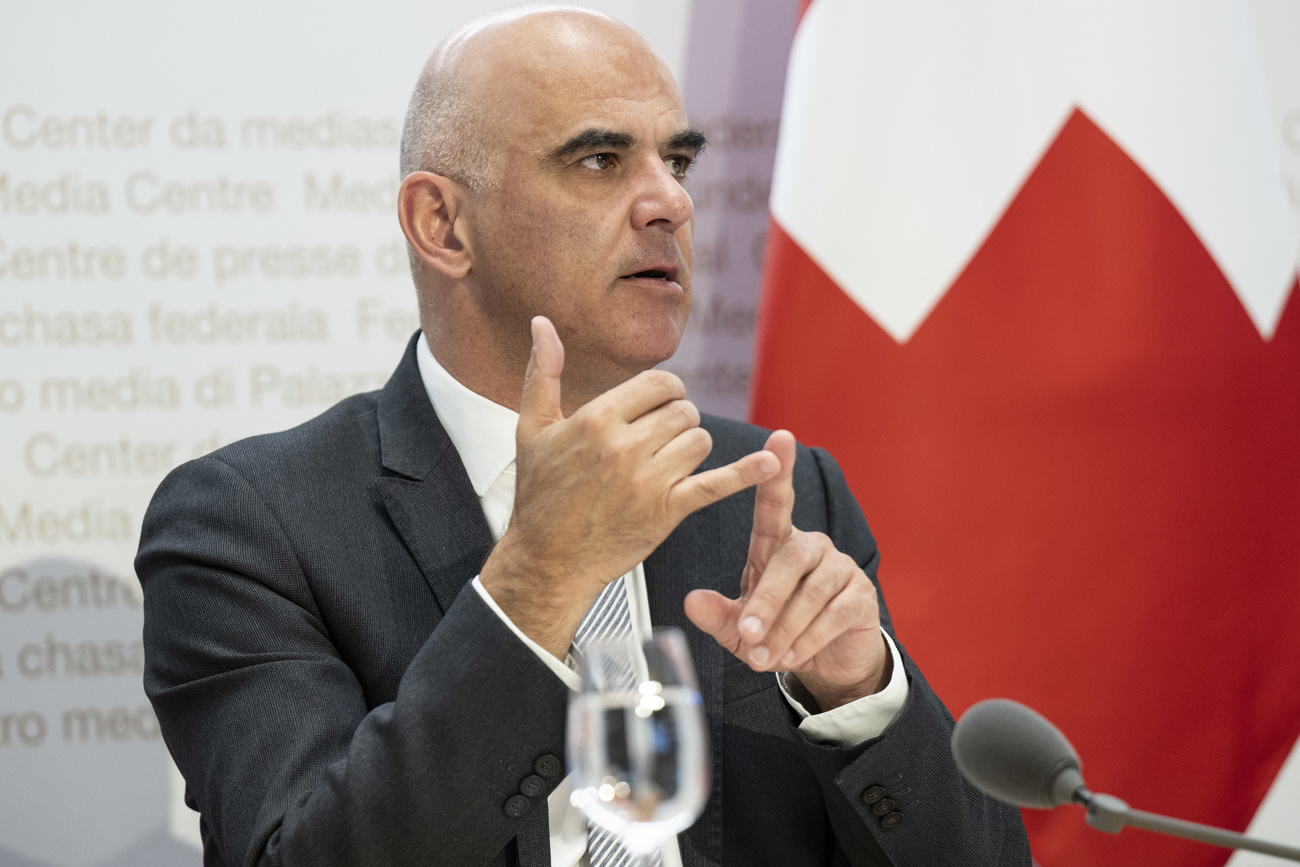
Higher health premiums continue to send shockwaves
Yesterday’s news that healthpremiums for 2024 will rise by an average of 8.7% remains a top story causing widespread consternation.
Newspaper editorials are highly critical of the increase. They call for a fairer approach to the healthcare system, which is accused of being completely broken and run by federal parliamentarians motivated by their own vested interests.
Solutions to resolve the mess abound. Martin Landolt, president of the health insurers association Santésuisse, suggests making the federal government responsible for Swiss hospitals, not the cantons, which he says are “in a gigantic conflict of interests”. Switzerland has “overpriced and unnecessary” hospitals, which are driving up healthcare costs, he says.
Thomas Boyer, director of Groupe Mutuel insurance, proposes reducing the number of hospitals to slash costs, as Switzerland has “the highest density of hospitals in Europe, behind France”. He also denounces the excessive number of specialists and a lack of generalists. Boyer says the range of healthcare services on offer must be reviewed.
But Health Minister Alain Berset (pictured) opposes this idea. “We have a health system that I am quite proud of,” he told Swiss public radio, RTS. “And you must not break it. It is very fragile, and it is very important.”
He is against cutting certain offers, which would penalise people who do not have the means to pay for certain treatments themselves.
The health minister deplores a basic lack of transparency in the complex Swiss health system. He recalls that his proposals to better control costs while promoting transparency were rejected by parliament.
The government wanted to save CHF350 million-CHF500 million a year for generic medicines. “This measure was rejected, because it turns out that there is a parliamentarian who is president of Intergenerika, who has a direct interest in ensuring that prices remain high in this area,” said Berset.
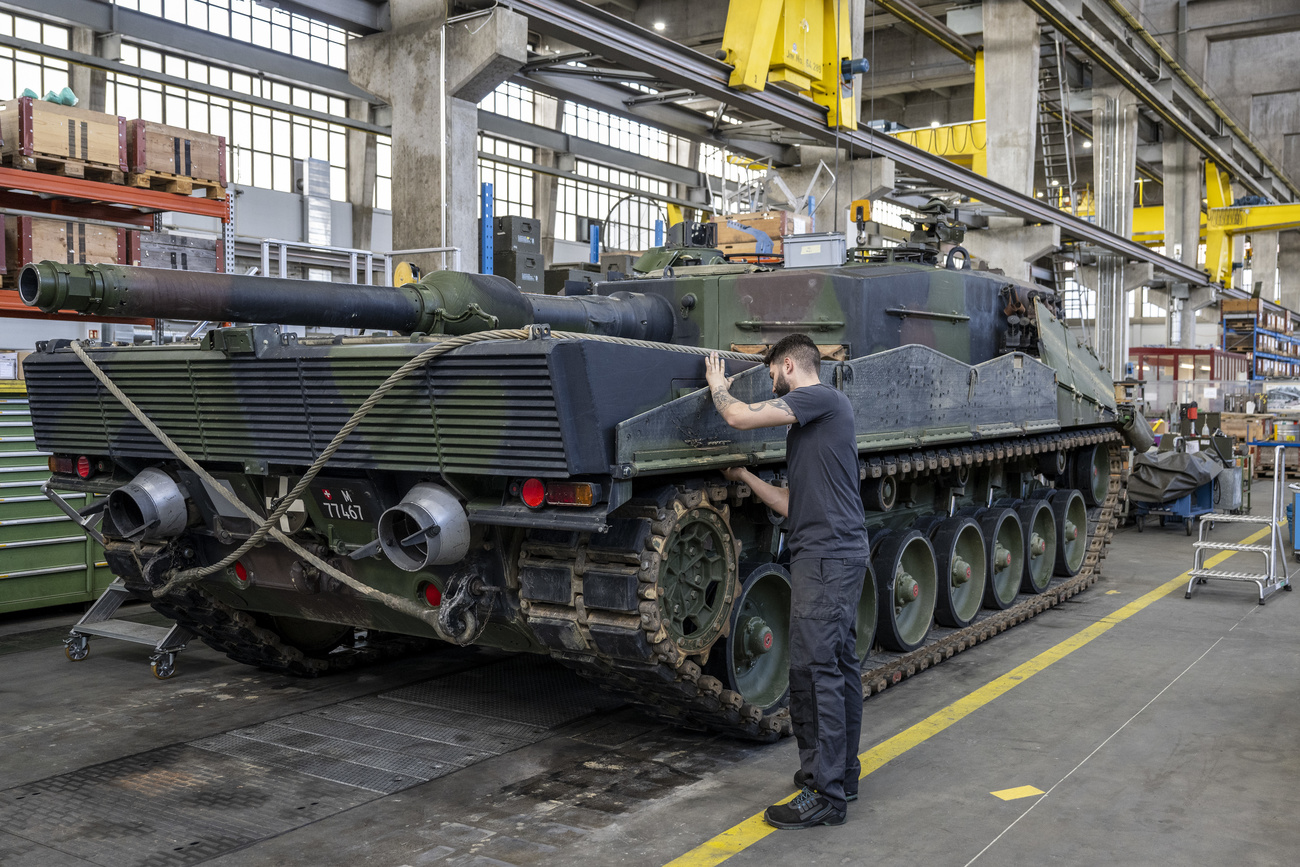
Switzerland can resell 25 Leopard tanks to Germany
The Swiss parliament yesterday approved the decommissioning of 25 Leopard II tanks, paving the way for them to be resold to Germany.
The army will hand over the 25 tanks to their German manufacturer Rheinmetall. They could be resold to other European countries.
Germany is “happy and grateful” for this decision, said ambassador Michael Flügger. “We need these tanks; they will fill gaps with us and our European partners.”
Berlin has assured Bern the weapons would not go to Kyiv but remain in Germany or with a NATO or European Union ally.
Germany had asked Switzerland in February to sell back some of the 96 Leopard II tanks it has in storage to manufacturer Rheinmetall AG.
Swiss public opinion has been deeplydivided on the issue of supplying weapons to Ukraine and the country’s blocking of re-exports has angered some nations. Requests from Germany, Denmark and Spain to allow Swiss-made weaponry they have previously bought to go to Ukraine have been blocked by Bern citing Swiss neutrality.
Buying Swiss weapons could become difficult unless Bern adjusts its law on war materiel, German ambassador Flügger said.
“We have purchased a lot of weapons, systems or components or ammunition from Switzerland, including our NATO partners, and we would now like to give some of these systems to Ukraine.”
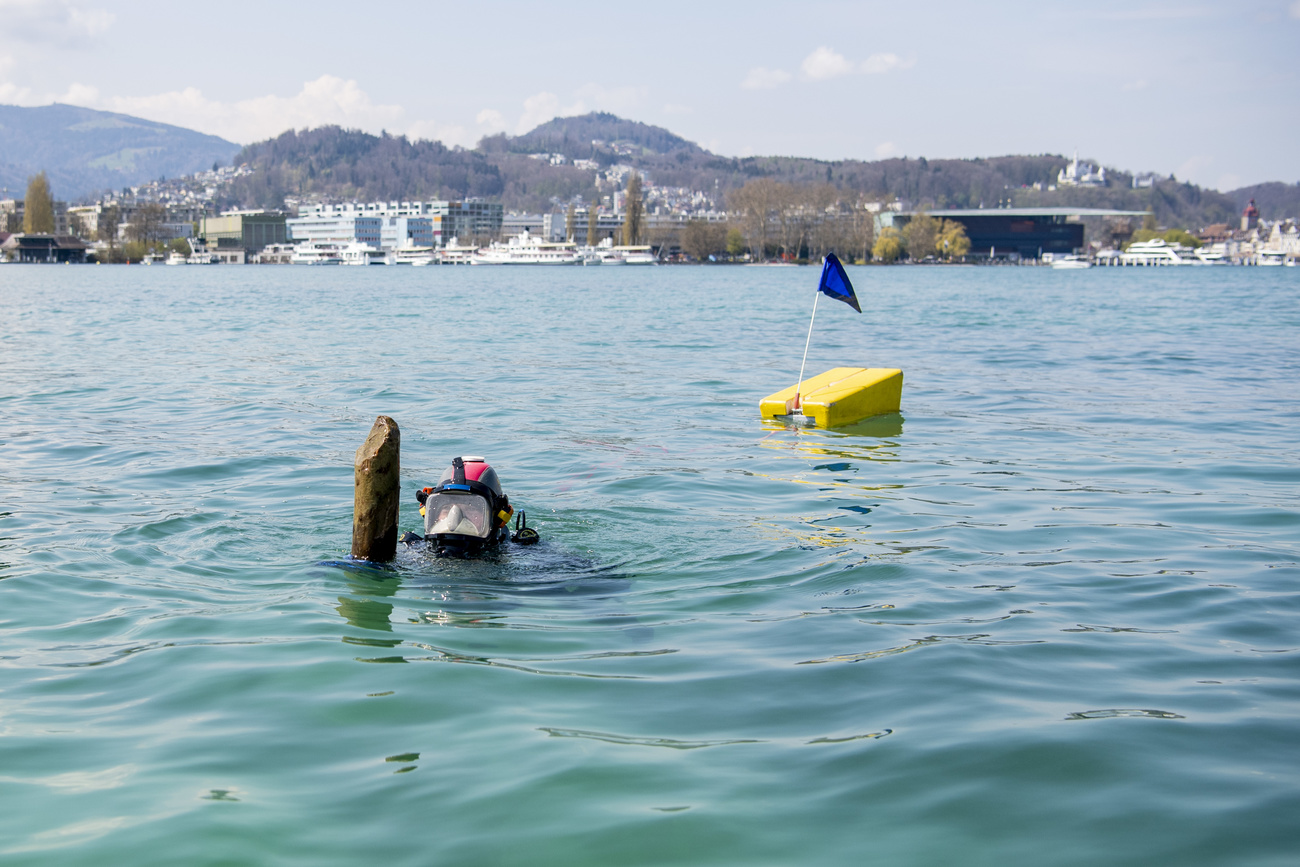
Lucerne is 2,400 years older than previously thought
Work by archaeologists and other specialists in Lucerne continues to unearth some startling findings.
Back in 2020, underwater archaeologists discovered traces of a piledwelling (or stilt house) village – mainly wooden posts and pieces of pottery – while laying a pipeline in Lake Lucerne’s natural harbour area.
+ Bronze Age village found under Swiss lake
Experts initially thought it was a Bronze Age lakeside village dated around 1000 BC. But Lucerne’s Chancellery today announced that new investigations had revealed that the settlement already existed in 3400 BC. This means the village under the lake is 2,400 years older than previously thought.
“With the current, new findings, we can clearly prove that the history of Lucerne begins with a Neolithic pile-dwelling settlement. This is really a sensation and means that people were already settling in the area of today’s city 5,400 years ago,” said cantonal archaeologist Jürg Manser.
+ How science is helping unearth ancient submerged Alpine settlements
Around 1.5 metres below the lakebed researchers found a dark layer with a high organic content and charcoal, which pointed to 3400 BC. The finds also included ceramic fragments, burnt grain and flint implements.
These finds indicate the remains of one or more Neolithic villages, a press release said. They also demonstrated once again that the lake water level was significantly lower than it is today. Excavations are set to continue under Lake Lucerne.

In compliance with the JTI standards
More: SWI swissinfo.ch certified by the Journalism Trust Initiative
